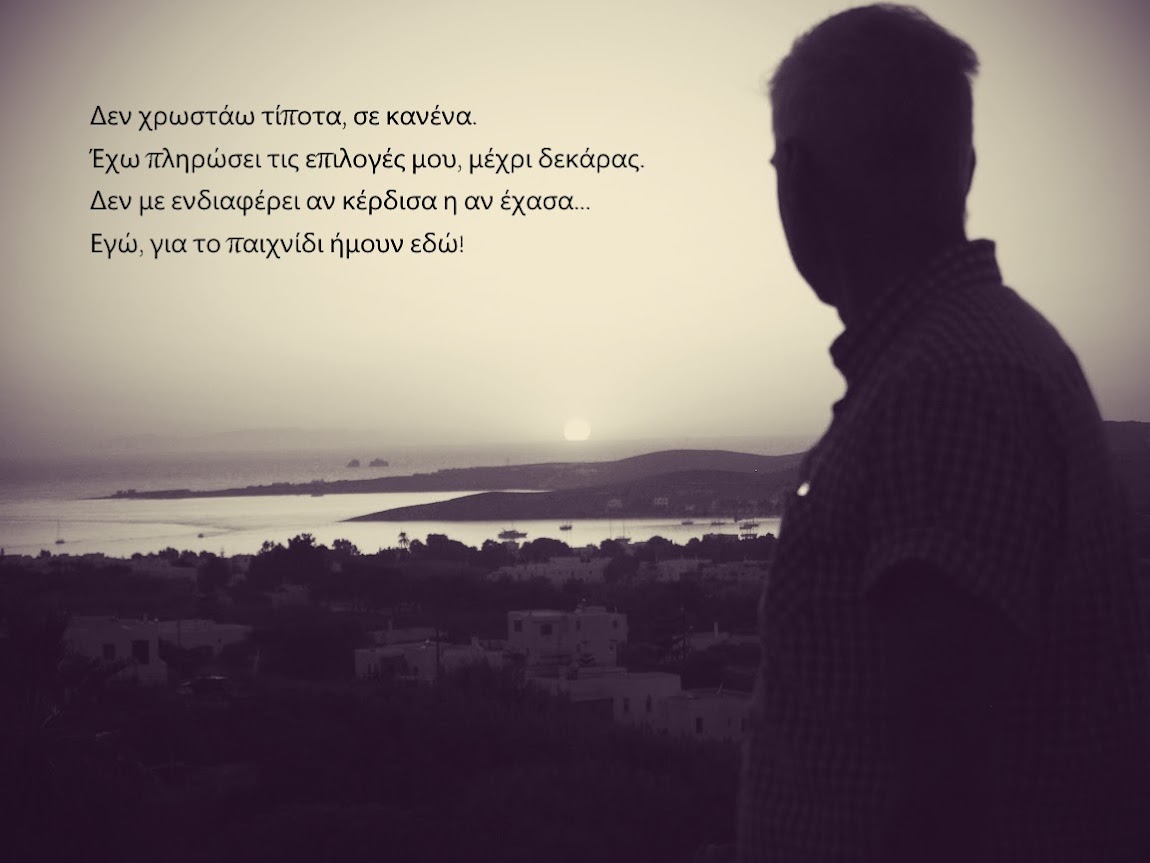Ramón Sampedro was the man portrayed in The Sea Inside: a living head on a dead body, or at least that is how he saw himself. As a young man he dove into the sea, misjudging the depth, and struck his head on the bottom. From that day until he died 29 years later he lived in a high bed, depending on others for eating, sleeping, washing...everything.
He read voraciously, invented little devices to make things easier on those caring for him (for example a device to answer the phone), had a rich personal and social life. However some years ago he decided that he wanted to stop. Unable to do it himself, and wanting to protect others from the legal consequences of assisting him, he applied to the Spanish courts the right to a voluntary death.
He never got it. Frustrated by five years of legal procrastination, he devised a way to do it while minimizing the legal risk to those involved: 11 people each performed a single, legally meaningless task in a chain of actions that made it possible for him to drink cyanide. None of the individuals were told what any of the other actions were (although the significance cannot have escaped them). The only person who witnessed the whole thing was the one who videotaped it. He made a statement on the tape, directed to "Your Honors, Political and Religious Authorities", which was sent to a Spanish TV station and broadcast at least in part.
From his statement:
As you can see, beside me, I have a glass of water containing a dose of potassium cyanide. When I drink it, I will be renouncing — voluntarily — the most legitimate and private possession I own — that is to say, my body. I will also have freed myself from a humiliating slavery — being a quadriplegic.
The friend who videotaped it, Ramona Maneiro, was charged a few days after his death, but released due to lack of evidence. Seven years later, once the statute of limitations had expired, she admitted on a Spanish talk show that she had provided the actual poisoned drink to him and done the videotaping.
Sources: Wikipedia, TIME
Sources: Wikipedia, TIME


